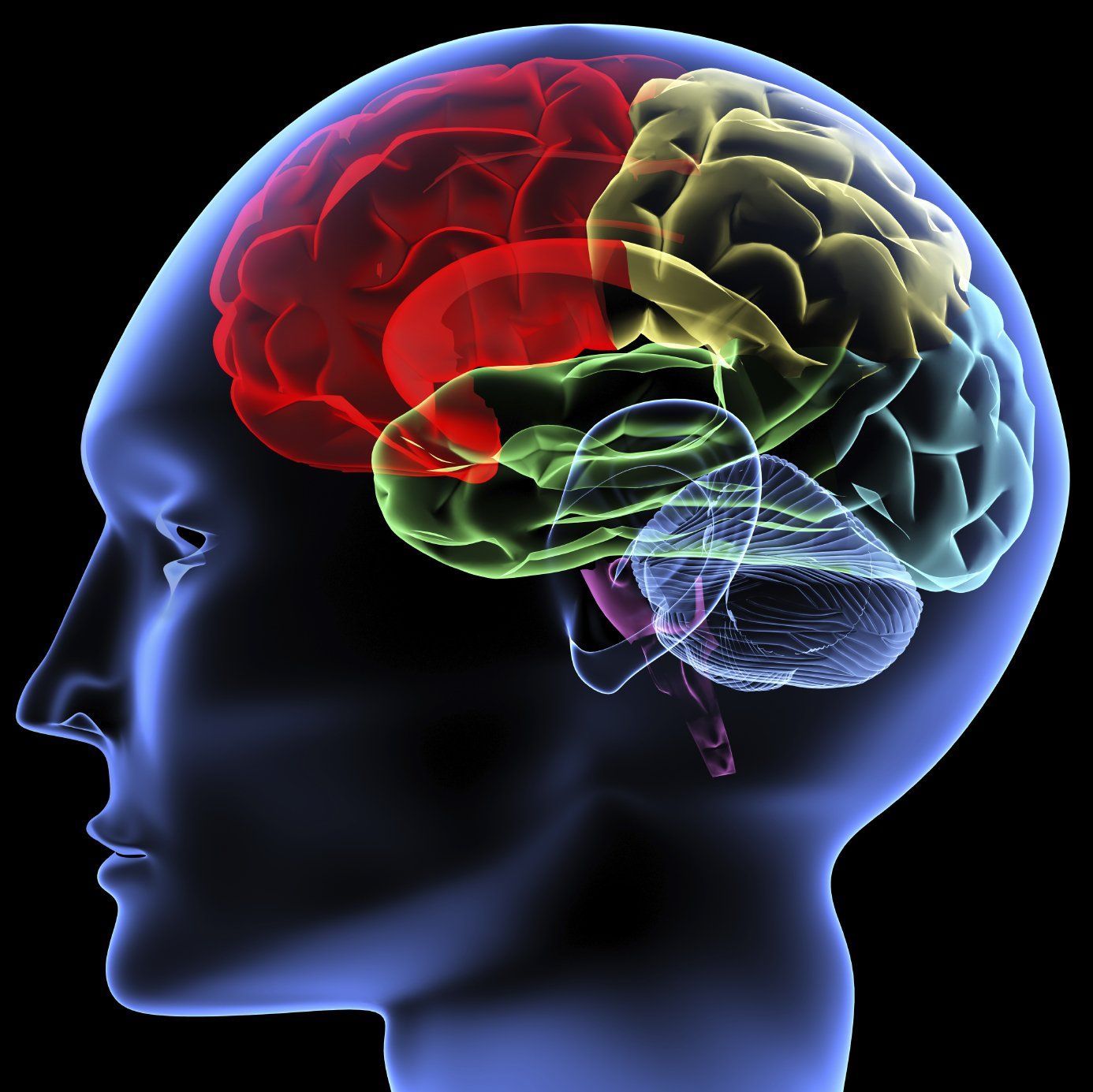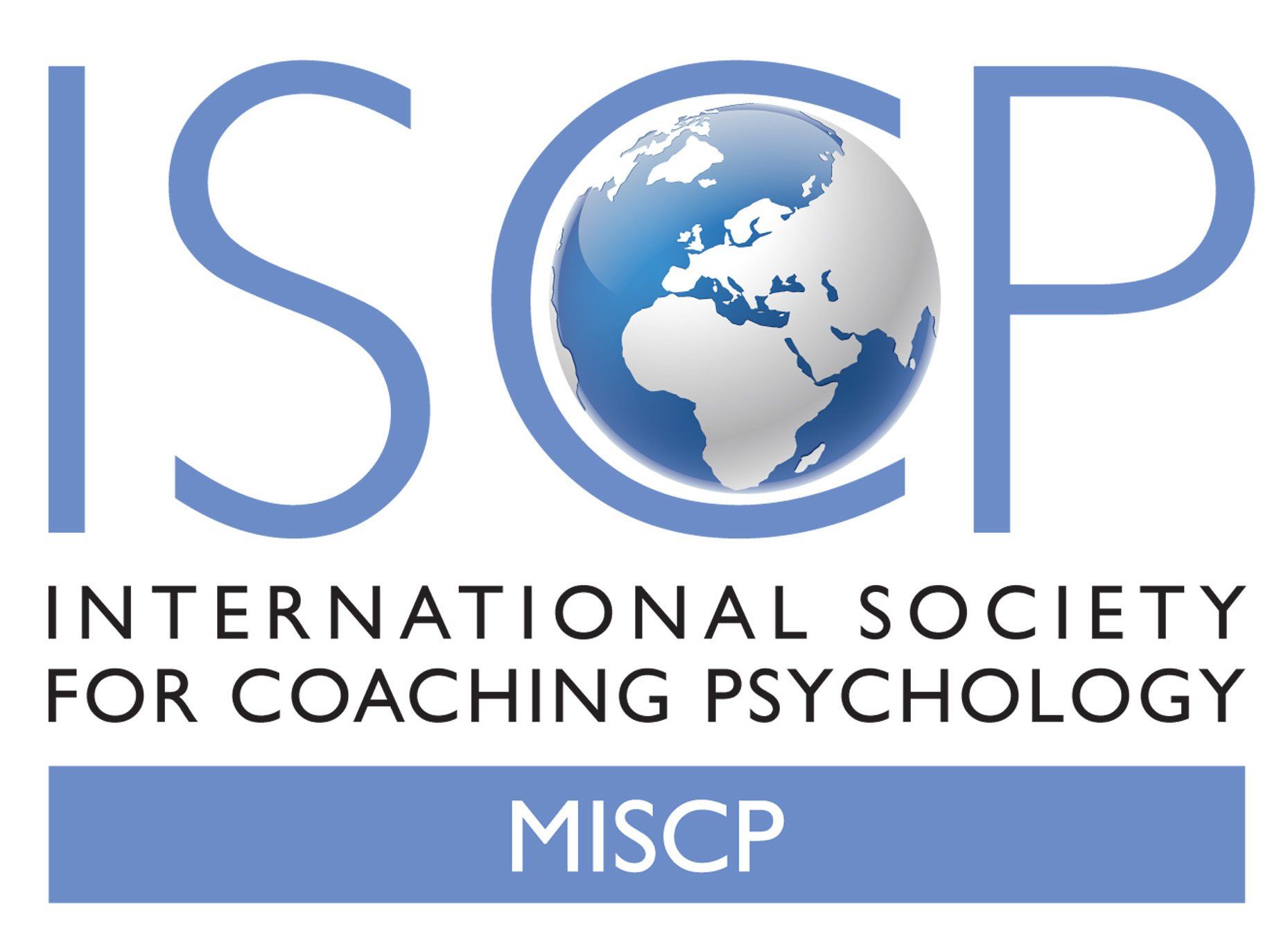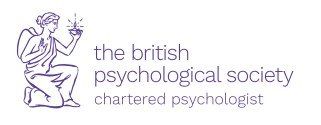Training and workshops
Kathy has been providing high quality training and workshops to schools and other organisations for over 20 years. She provides affordable, inspiring and practical sessions that will really make a difference to your setting.

Kathy's training is:
- Affordable without compromising on quality.
- Designed in line with the DfE Standard for Teachers’ Professional Development.
- Intended to inform and empower participants. It equips them to make immediate and practical changes to the way they work.
- Based on up to date research and in-depth knowledge of psychology combined with Kathy's practical and extensive experience working in range of educational settings.
- Flexible enough to meet your specific needs.
- Delivered in person or remotely depending on your location, needs and group size.
Contact us to discuss our availability and pricing

Mental Health and Wellbeing
Examples of half-day or stand-alone twilight sessions include:
- A Good Life for Educators. Building resilience and connection within school communities with our unique model for supporting educators wellbeing and effectiveness.
- CARE. Coping with attachment and relationship experiences. Supporting children who find trust and relationships in school difficult.
- Supporting children who experience emotionally based school avoidance (EBSA) and school related distress.
- Promoting Positive Classrooms: How to use relationships and strengths as the basis for classroom management.
- Person Centred Planning: What it is and how to do it.
Examples of our in-depth training (full day or a series of shorter sessions) include:
- Human-Kind: Human-Kind focuses on developing good practice around mental health and well-being for all adults and children in your school, academy, organisation or community.
- Meeting Children's Emotional Needs: Managing children’s behaviour is a major source of stress for teachers (Ofsted 2019). Kathy can help staff better understand and meet the needs of those pupils whose behaviour challenges them. In these sessions we look at meeting children's needs in ways that support good wellbeing and mental health. Practical strategies combined with opportunities for staff to discuss how these can be applied in your particular setting. There is scope for exploring how this model can be applied to the most vulnerable and hard to reach children and young people for whom whole school strategies may not be sufficient or appropriate.
- Building Staff Resilience: Using our unique Good Life for Educators model this focusses on developing and maintaining staff resilience at the individual and organisational level. It provides practical suggestions for building staff resilience and an opportunity for staff to work together to decide how these can best be implemented in your particular setting.
- I Matter: An exploration of why some children struggle in school. What might be behind their behaviours and how we can use this understanding to plan effective support and interventions.

Cognition and Learning
Examples of half-day or stand-alone twilight sessions include:
- Executive Functioning: What it is and what teachers need to know about it.
- Developing Independent Learners: Using task design to support motivation, engagement and independence (this session is most effective when it follows 'How learning happens').
- Motivation: How do we ensure that our children engage positively with learning, feel good about themselves and develop independence and confidence? We can help you understand the psychology that provides answers to these questions and how to put this into practice.
Examples of our in-depth training (full day or a series of shorter sessions) include:
- CLICK: Cognitive Skills in Context. A psychological approach to reducing barriers to learning. This training focusses on understanding and meeting the human need to experience competence. It explores the cognitive processes involved in learning and provides tools to help identify how individual children learn. Practical ways of planning and delivering so that ALL children can access learning more confidently and independently are explored. Opportunities are built in for staff to work in teams to explore how this model applies to individual and groups of children.
- Making the Most of TAs: Are you making the best of your TAs' skills, ensuring that they are developing children's skills, independence and confidence? Do teachers and TAs communicate regularly and effectively to ensure continuity and high quality learning experiences for children? Using up to date research evidence and sound psychological models we can help you review and develop systems and TA practice in order to maximise TA effectiveness and make best use of their skills. This is a session for TAs and teachers to explore how how they can work together as effectively as possible.

Inclusive Whole School Practices
Examples of half-day or stand-alone twilight sessions include:
- Understanding Autism. An introduction to including children with autism for the whole school.
- Stronger Together: A strong sense of community improves mental health and wellbeing and has been shown to impact on academic outcomes, attendance and parental engagement. This training helps you develop a more cohesive vision for the future of your school community and considers how you can secure engagement with change from stakeholders including staff, students and parents.
- Promoting Positive Schools: Considering resilience, relationships and strengths and how these influence feelings and behaviour in a school setting. Considering what this means for the whole school community as well as the most vulnerable pupils.
- The Neurodiversity Affirming School. How systems and supports can be set up to include neurodivergent individuals, both adults and children.
In depth training is usually delivered as full day INSET training or a series of shorter sessions. Short, interspersed sessions can work very well for supporting implementation of skills and give opportunities for practice between sessions, reflection and feedback.


